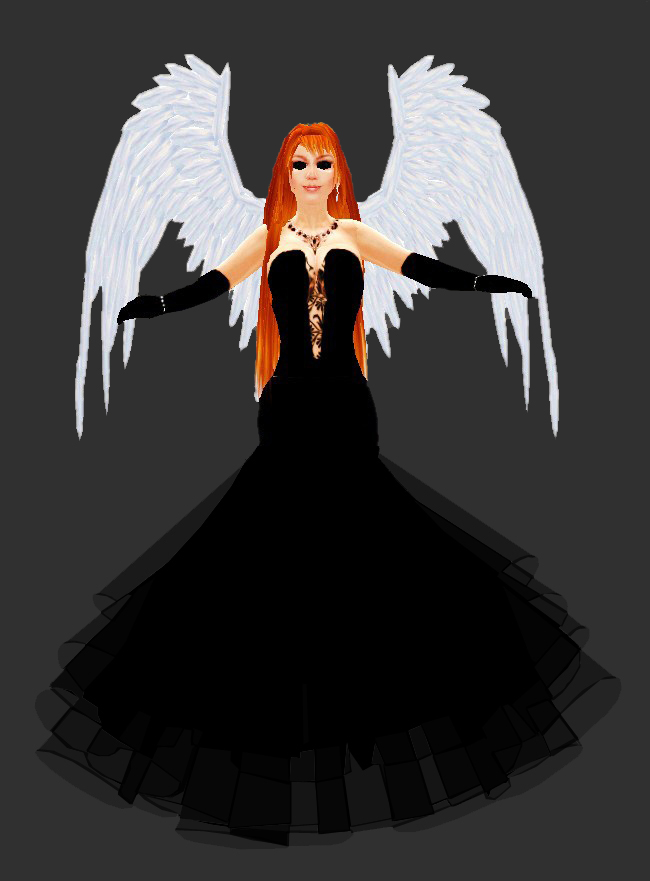Copyright Fraud!
Copyright fraud of public domain material is now widespread on the web.
Soon someone will be claiming that they own the works of William Shakespeare.
Maybe even me!
This fine article was written in 2005, it is even more relevant now.
The man who wrote this article coined the term copyfraud, I wish he'd called it copyright fraud, but he owns the copyright to the term now.
That was a silly joke, he doesn't!
This is a serious and important article though.
Here is how he defines copyfraud:
- Claiming copyright ownership of public domain material.
- Imposition by a copyright owner of restrictions beyond what the law allows.
- Claiming copyright ownership on the basis of ownership of copies or archives.
- Claiming copyright ownership by publishing a public domain work in a different medium.
The Article
Jason Mazzone Brooklyn Law School Brooklyn Law School, Legal Studies Paper No. 40 New York University Law Review, Vol. 81, p. 1026, 2006
Abstract: Copyfraud is everywhere. False copyright notices appear on modern reprints of Shakespeare's plays, Beethoven's piano scores, greeting card versions of Monet's Water Lilies, and even the U.S. Constitution. Archives claim blanket copyright in everything in their collections. Vendors of microfilmed versions of historical newspapers assert copyright ownership. These false copyright claims, which are often accompanied by threatened litigation for reproducing a work without the owner's permission, result in users seeking licenses and paying fees to reproduce works that are free for everyone to use. Copyright law itself creates strong incentives for copyfraud. The Copyright Act provides for no civil penalty for falsely claiming ownership of public domain materials. There is also no remedy under the Act for individuals who wrongly refrain from legal copying or who make payment for permission to copy something they are in fact entitled to use for free. While falsely claiming copyright is technically a criminal offense under the Act, prosecutions are extremely rare. These circumstances have produced fraud on an untold scale, with millions of works in the public domain deemed copyrighted, and countless dollars paid out every year in licensing fees to make copies that could be made for free. Copyfraud stifles valid forms of reproduction and undermines free speech. Congress should amend the Copyright Act to allow private parties to bring civil causes of action for false copyright claims. Courts should extend the availability of the copyright misuse defense to prevent copyright owners from enforcing an otherwise valid copyright if they have engaged in past copyfraud. In addition, Congress should further protect the public domain by creating a national registry listing public domain works and a symbol to designate those works. Failing a congressional response, there may exist remedies under state law and through the efforts of private parties to achieve these ends.
Keywords: Copyright, copyright misuse, public domain, fraud, licensing
JEL Classifications: K10, K11
Accepted Paper Series
Date posted: August 25, 2005 ; Last revised: June 29, 2006
- If you wish to complain about this article go here: I'm outraged!
- If you wish to compliment Lee Vidor on this article go here: I'm inraged!
- If you wish to go back to Serious Fun to find another lovely article go here: Yes Lee, take me back to Serious Fun to read another article, I feel smarter already.
If you wrote the article then well done and thank you. It's a great article.
If you wish me to remove it from this site then just ask me. I can do it if you don't want people to read it.

